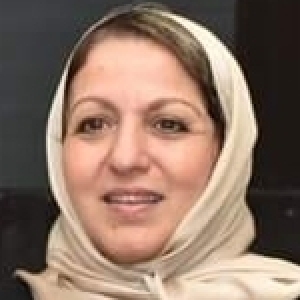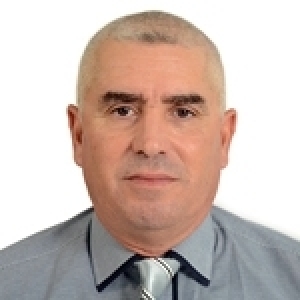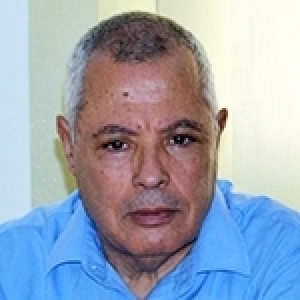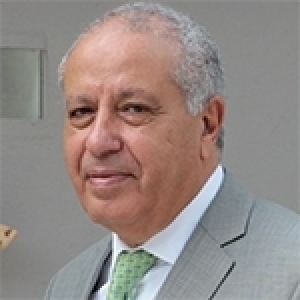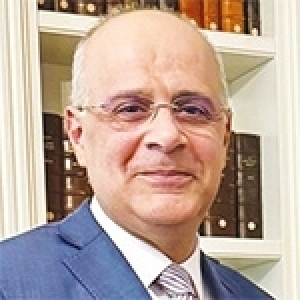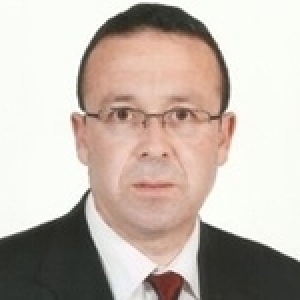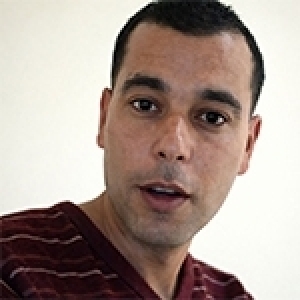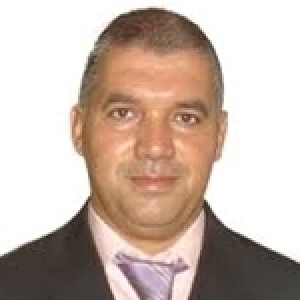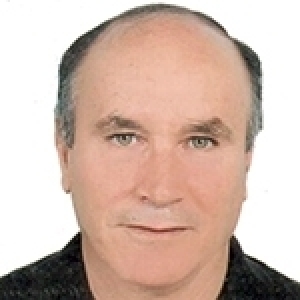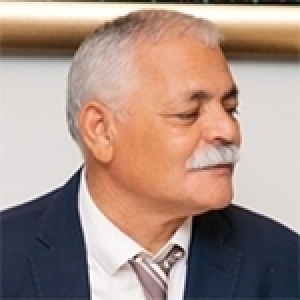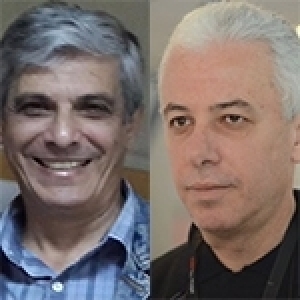Opinions - 07.09.2014
Tunisia: Time for action and for getting back to work
In no more than two months, the parliamentary elections will take place in Tunisia. These elections are meant to finally put the country out of the transitional political phase during which the demons of division and demagoguery have often resurfaced. For most Tunisians, this period has lasted far too long and has exhausted too much energy.
Any reasonable person should recognize the achievements of the Revolution in terms of freedom of expression, decrease of fear that haunted many people for decades. Nobody can deny the progress brought by the new constitution hailed as modernistic, despite a few ambiguities which make the “proof of concept” in real life a must to test the gains brought in practice by the constitution to the Tunisian society.
The political pillars of the Second Republic have finally been set-up, but in the meantime, the economic and social foundations have been largely altered.
Under such circumstances, for all local and international observers of the Tunisian scene, it is surprising that the current local political debates and media focus prioritize the presidential elections over the parliamentary ones, which will determine the major and real holder of power under the new constitution; and even the limited interest in the parliamentary elections is geared towards the selection of heads of electoral lists of different parties as opposed to the actual vision for the Tunisian society, the challenges facing the country, the economic and social issues, education, security, foreign affairs and programs, which are what really matters for the population.
Voters have just been taken hostage by the so many parties that have proliferated on the local political scene without the needed substance.The political class continues to neglect the reasons which had sparked the Revolution in the first place, and which certainly had nothing to do with religion, nationalism or politics.
It was first triggered by young people and in particular those from remote and marginalized regions, out of despair born from a total lack of perspective for their future and longtime suffering from social and economic marginalization, discrimination and nepotism of the former autocratic regime. The storm (so called Arab Spring) which has then overtaken all politicians, rulers and opposition alike, inside and outside the country, was in need of strong and appropriate responses to tackle the economic and social challenges the local population was facing; responses that never came.
On the contrary, the economic and financial situation in the country has worsened sharply; the social conditions and the purchasing power of the weak and vulnerable categories have deteriorated further. It is true that the tough international environment has contributed to this deterioration.
Nevertheless, the mismanagement of public affairs and the absence of any concrete action to turn this bad situation around have made things worse. This has created additional new challenges in areas in which Tunisia was doing well before the Revolution: infiltration of terrorism in the Tunisian daily life, structural crisis of public finances, crowding out of public investment, and an important deterioration in the environment.
The political process has taken much longer than the time needed for such a transitional process. Expensive social and often demagogic treatments geared towards the interests of prominent parties have drowned the country. The social unrest, sometimes legitimate but more often manipulated by lobbies became a mode of political expression and action.
It is urgent for a clear economic and social vision to become central in the Tunisian affairs, in order to set the pace and put the country on the path of growth, inclusion, investment, performance, sustainability and consequently stability.
It is urgent for the country to move from a situation of a provisional and short-term management of public affairs to a long term vision based on shared efforts and values, sacrifice and mobilization of all citizens for a common goal of bringing the country up and making it part of the emerging and modern countries, as it had been for ages during its long history.
Radhi Meddeb
Founder and Chairperson of the NGO Action et Développement Solidaire
Tags : Radhi Meddeb
commenter cet article
0 Commentaires
- Ecrire un commentaire
- Commenter
Les + lus
16.01.2026
07.02.2026
21.01.2026
Les + commentés
16.01.2026
23.11.2025

